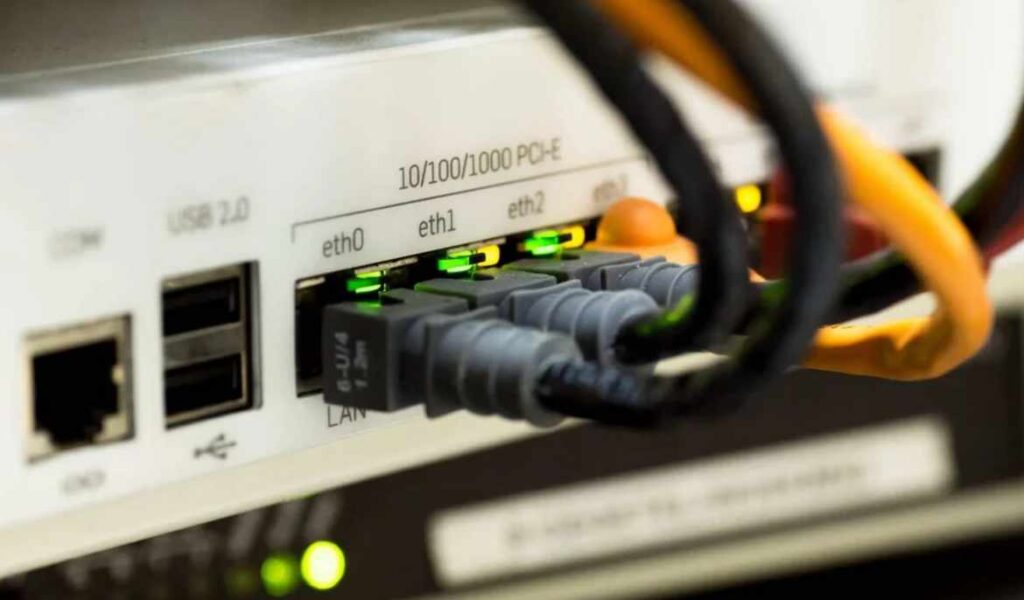A new undersea cable linking Cyprus and Lebanon is being planned by Cyta, in a project expected to boost internet speed, emergency response, and economic growth across the region.
Called CADMOS-2, the cable will run between Pentaschinos in southern Cyprus and Beirut, replacing the older system that has been in place since 1995.
The goal is to improve how the two countries communicate, especially during emergencies, while also opening doors for investment in digital services..
Cyta says the project will offer faster, more stable internet, helping both countries stay connected even during crises. Better communication systems can make a big difference in times of natural disasters or other emergencies.
Once completed, CADMOS-2 is expected to help businesses grow by making it easier to share information quickly and securely. It could also attract new tech companies to invest in Cyprus and Lebanon.
The cable will be made up of both undersea and land-based parts and will include a special unit to manage the connection. According to a study submitted to the environmental authorities, steps will be taken to limit any negative impact on the sea and surrounding areas.
Cyprus and Lebanon have worked together on internet and telecom projects for years. Cyta, which leads many of these efforts, says this new link will make high-speed internet more widely available, including in rural or disadvantaged areas.
Better internet access could also give more people chances to take part in online learning, healthcare, and the global economy. It’s hoped that this will support education and social inclusion.
The project’s environmental report focuses on the impact within Cyprus’ sea zone, but it also looks at any possible effects beyond the island’s borders. The cable is expected to bring long-term benefits with minimal disruption.
Cyta believes CADMOS-2 will strengthen Cyprus’ role as a key digital gateway between Europe and the Middle East, helping the country grow its economy and stay connected to the world.



